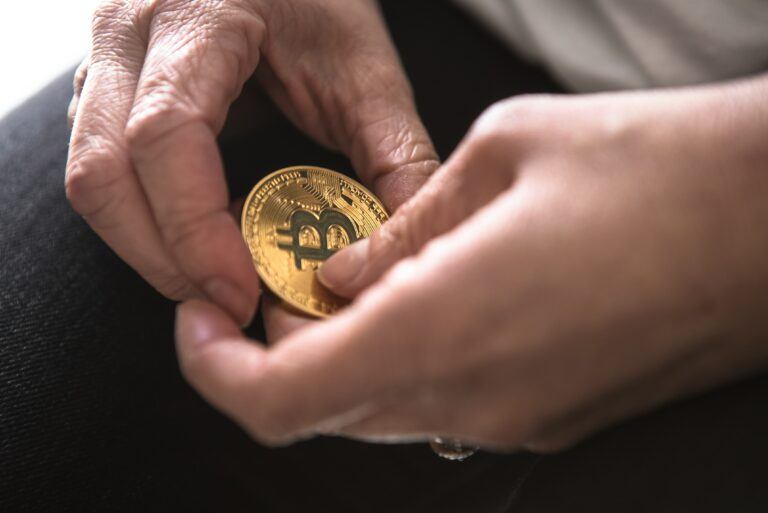Cryptoglobe recently reported on an announcement by the U.S. Securities and Exchange Commission (SEC) regarding the settlement of charges filed against Zachary Coburn, the founder of decentralized exchange EtherDelta. EtherDelta is a decentralized crypto exchange that provides a secondary market for Ethereum (ERC-20) tokens.
The SEC accused Coburn of running an unregistered national securities exchange by selling cryptocurrencies without filing the proper government paperwork. The SEC has stated that non-currency cryptoassets are securities and thus any crypto exchange selling such assets and offering its services to individuals within the United States must be registered with and under the regulation of the SEC, per the Securites Exchange Act of 1934.
Specifically, the SEC states that EtherDelta provided the infrastructure for the buying and selling of digital assets. The SEC even noted that EtherDelta’s services were baked right into the code because the “smart contract was coded to validate the order messages, confirm the terms and conditions of orders, execute paired orders, and direct the distributed ledger to be updated to reflect a trade.”
The crux of the claim, however, relies on the fact that EtherDelta seemed to directly “disobey” the orders of the SEC.
The Commission notes that:
All of the orders placed through EtherDelta's platform were traded after the Commission issued its 2017 DAO Report, which concluded that certain digital assets, such as DAO tokens, were securities and that platforms that offered trading of these digital asset securities would be subject to the SEC's requirement that exchanges register or operate pursuant to an exemption.
In the end, Coburn did not admit guilt, but also chose not to fight the charges. Instead, the SEC wrote that he “consented to the order and agreed to pay $300,000 in disgorgement plus $13,000 in prejudgment interest and a $75,000 penalty.” Further, the Commission states that if Coburn had fought, the penalty would have been much more harsh.
A Crossroads For Crypto?
What does this decision mean for innovators like Coburn who want to make the buying and selling of digital currencies and assets easier for the average person? More to the point, what does this ruling mean for those individuals who seek to develop decentralized technology?
Steven Peikin, Co-Director of the SEC’s Enforcement Division remarkedL
We are witnessing a time of significant innovation in the securities markets with the use and application of distributed ledger technology.
However, the dispute is over who, if anyone, is in control of this still emerging technology. According to the SEC and Mr. Peikin, “this innovation necessitates the SEC’s thoughtful oversight of digital markets and enforcement of existing laws.”
Of course, if you are a crypto-enthusiast or proponent of decentralization you might be less inclined to share the view held by the SEC. A large portion of the crypto community profess a vision of a world where decentralization rules the day. A world without the need for central banking institutions or third parties to exchange value in a number of ways. Some of this crowd believes the philosophy of decentralization will not only help spread cryptocurrency around the world and remove the stranglehold of banks, but eventually, decentralize governance itself.
To these crypto-anarchists the struggle between regulation and standing up for decentralization is of utmost importance.
Others in the cryptospace see government regulation as inevitable or even beneficial. Ultimately, as long as the governments of the world are able to enforce their visions of how individuals should trade value, most people will comply for fear of suffering the consequences. Outside of the most purist programmers and developers, we are likely to see the vast majority of the crypto community comply with government edicts for the foreseeable future.








